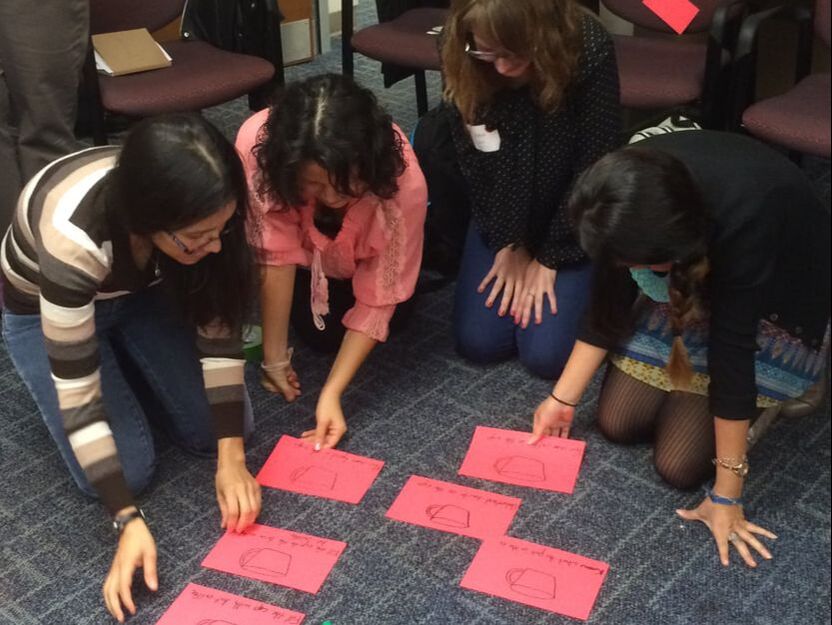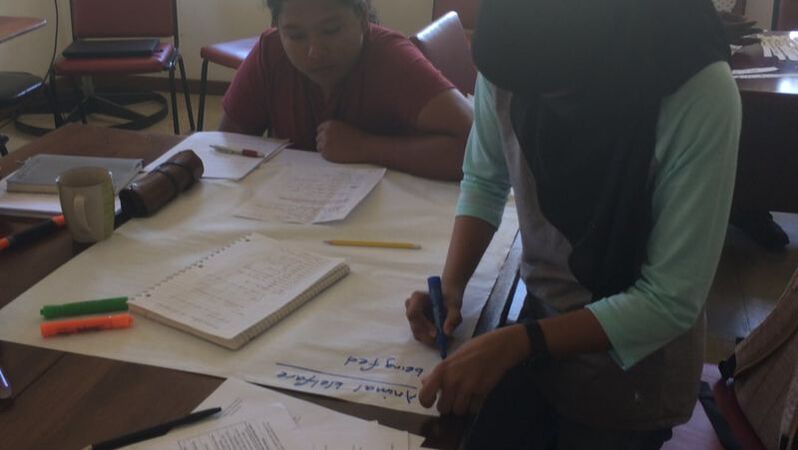TEACHING PHILOSOPHY
|
My interest in teaching theories and practices that challenge the formal expert/pupil paradigm, champion lived experiences, and critique the systems around us began during my Peace Corps service in rural Honduras. I quickly learned how important it was to integrate personal experiences, interests, and life-relevance into any teaching, using approaches such as Kolb’s Experiential Learning Cycle and philosophies such as Freire’s “conscientization,” and hooks’, “engaged pedagogy.” These approaches taught me how to become a partner in learning, providing spaces for voice in what communities wanted and needed to learn. I saw that cooperative learning could transform lives. I believe strongly in moving learners past surface factual learning and into deep personal exploration and growth. I see teaching as an opportunity for students to think differently, be critical, and challenge their beliefs and assumptions.
|
Teaching Style |
Teaching Methods |
|
|
Practical Experience
- 19 years of teaching experience
- Development of over 45 undergraduate and graduate courses and programs (including both face-to-face and online platforms) in collaboration with diverse faculty.
- Extensive experience in the development of teaching materials and resources.
- Flexibility in class style including lecture, survey, research, and skills-based courses.
- Flexibility in platform including face-to-face, hybrid, online, and MOOC (massively offered online courses).
- Experience with multiple learning management systems including Blackboard, Canvas, Moodle, Coursera, and Sakai.
- Experience with a diversity of audiences ranging from non-literate to highly educated and from informal to formal contexts.


